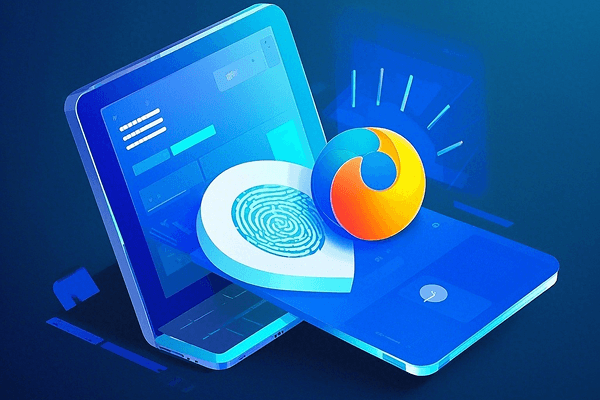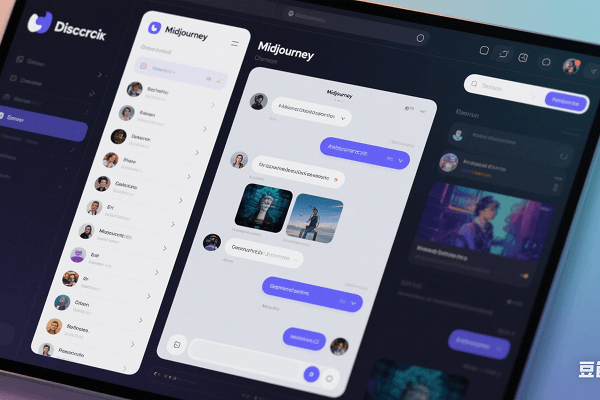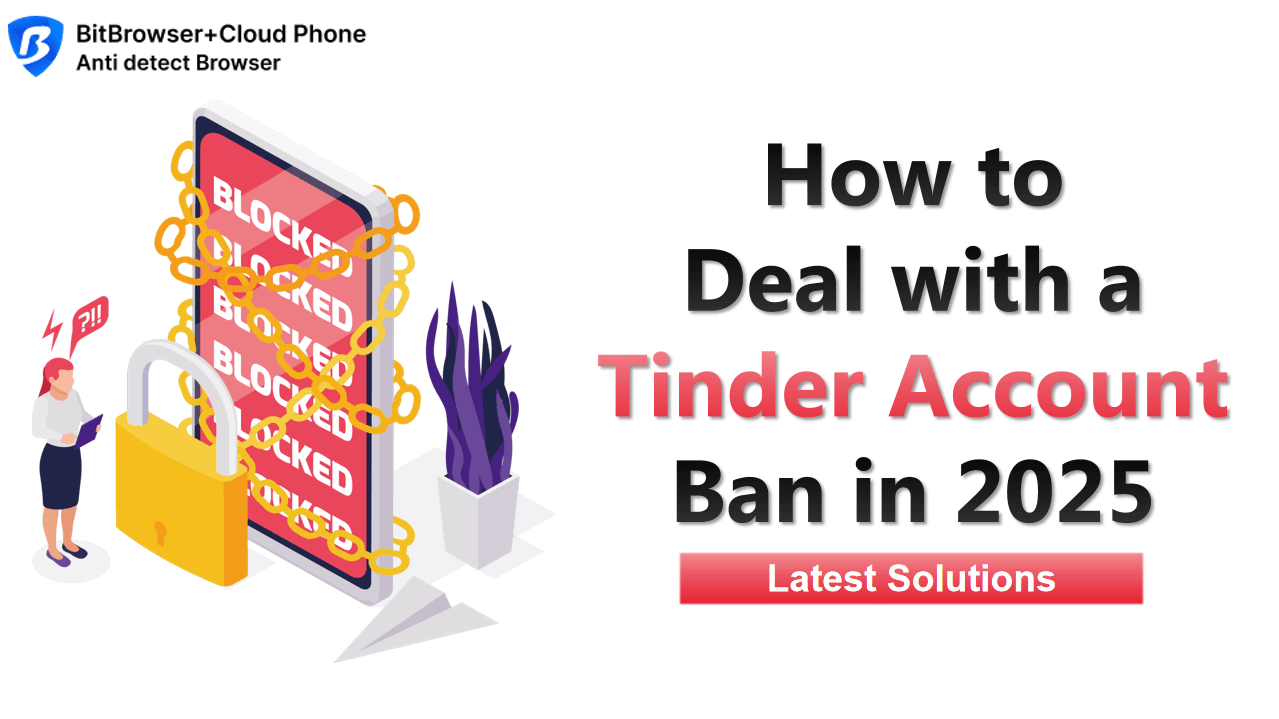
Hot Picks
How to run Facebook ads in 2025? Ideas

Hot Picks
How to promote on Amazon? Sharing various promotion methods

Hot Picks
Choose BitBrowser for fingerprint browsers, and look for the only official website: bitbrowser.cn
How does a virtual browser create a unique online identity for you?
Time: 2023-08-08 18:08 Click:
A virtual browser can create your unique online identity, wondering how a virtual browser does it? The virtual browser allows each of your identities to exist independently for the platform through the simulated location of various fingerprint information. You can learn more about it through this article.
Acting
A proxy server (proxy) is an intermediary party that sits between your computer and the Internet, receiving and sending traffic. When traffic comes in, the proxy server forwards it to you. There are currently two types of proxy servers: data center proxies and residential proxies.
People can connect their devices through a proxy server to access the Internet anonymously. A virtual browser will save session data in its unique browser profile, so when you use different proxies on different profiles, the data on those profiles will be unique.
It should be noted that Virtual Browser does not sell or distribute agents, but only provides agent recommendation services.

Browser fingerprinting
When you use the internet, you leave traces that contain important details about your browsing sessions. Websites can obtain information about you through browser footprints, including IP address, location, device information, the type of browser used to visit the website, and even details such as screen size.
As an example, when marketers use virtual browsers to create unique buyer personas, the software allows them to customize all of these parameters to suit different personas. After the browsing session ends, the space occupied by the browser and related information are saved in a specific profile for future access.
Internet real-time communication
WebRTC is an open source framework that allows real-time communication (RTC) between internet browsers and mobile applications and provides a simple API. The framework uses the UDP protocol for connections, which may not go through your proxy server.
Since WebRTC bypasses proxy servers for routing, it breaks the realization of anonymity. Websites can leverage WebRTC to obtain some information, including media device information and your local and public IP addresses. Fortunately, virtual browsers take steps to protect your anonymity, even when using WebRTC.
Overall, virtual browser virtual profiles work like connecting separate computer systems to different networks. Each virtual profile is independent from each other, has its own unique settings, and does not reveal your time zone, IP address, and other critical browsing data. So when you use BitBrowser virtual browser profiles to manage multiple online identities, you don't have to worry about the risk of being banned or blocked from accessing websites.

 Multi-Account Management
Multi-Account Management Prevent Account Association
Prevent Account Association Multi-Employee Management
Multi-Employee Management



